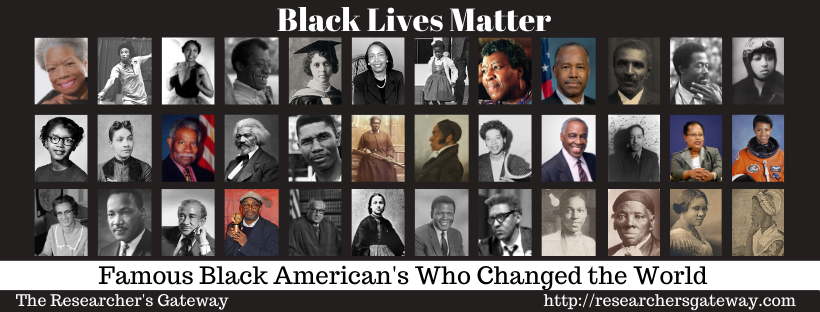
Special Event | 𝐂𝐞𝐥𝐞𝐛𝐫𝐚𝐭𝐢𝐧𝐠 𝐁𝐥𝐚𝐜𝐤 𝐇𝐢𝐬𝐭𝐨𝐫𝐲 = 𝐀𝐦𝐞𝐫𝐢𝐜𝐚𝐧 𝐇𝐢𝐬𝐭𝐨𝐫𝐲
TM WalkerShare
Black History Month is a time to reflect on the incredible contributions that Black men, women, and children have made to the fabric of American society and the world. It is a time to honor the achievements, resilience, and cultural richness of the Black community. While progress has been made, it is also a reminder of how far we still have to go in achieving true equality and justice for all.
How far we've come
Black history is filled with remarkable individuals who have shaped the course of history. From civil rights leaders like Martin Luther King Jr. and Rosa Parks, to trailblazers in the arts and sciences like Maya Angelou and George Washington Carver, their contributions have left an indelible mark on society. The election of Barack Obama as the first Black President of the United States was a significant milestone, symbolizing progress and breaking down barriers, while at the same time other barriers were being built.
What we have gained
Black history has brought about significant advancements in various fields. In sports, icons like Muhammad Ali and Serena Williams have shattered records and inspired generations. In literature, authors like Toni Morrison and Langston Hughes have given voice to the Black experience, enriching the literary landscape. In music, artists like Louis Armstrong and Beyoncé have revolutionized genres and captivated audiences worldwide. These achievements have not only brought recognition and pride to the Black community but have also contributed to the cultural diversity and richness of our society as a whole.
What we have lost
As we celebrate the achievements of Black People, it is important to acknowledge the losses and injustices that have occurred. The lives lost to slavery, segregation, and police brutality are a painful reminder of the struggles that Black individuals have faced throughout history. We must remember and honor those who have been victims of racial violence and continue to work towards a more just and equitable society.
Even as we celebrate the achievements of Black history, it is essential to acknowledge the losses and injustices endured. The transatlantic slave trade and centuries of systemic racism have resulted in immeasurable pain and suffering.
How far we have yet to go
Despite the progress made, the fight for racial equality is far from over. Systemic racism continues to persist in various forms, from disparities in education and healthcare to unequal treatment in the criminal justice system. Black communities still face significant challenges, including economic inequality and limited access to opportunities. The systemic racism continues to show up in housing, in the banking system, where redlining is par for the course. The continuation of devaluing properties owned by black people, continues to erode generational wealth.
Countless lives have been lost, families torn apart, and opportunities denied continues today even as we celebration Black History Month in 2024. The contributions of Black individuals have often been overlooked or overshadowed, denying them the recognition they deserve. It is crucial to confront, and acknowledge these atrocities happened! and 'they' need to stop working to rewrite history because someone's 'feelings' might be hurt. This painful history must be examined and we all need to work towards a more inclusive and equitable future.
In Conclusion, Black History Month serves as a reminder of the importance of celebrating and honoring the contributions of Black individuals throughout history. It is essential to address these issues head-on, dismantle systemic barriers, and create a society where everyone has an equal chance to succeed. It is a time to educate ourselves, challenge biases, and work towards a more inclusive and just society. By recognizing the achievements and struggles of the past, we can pave the way for a better future for all.
